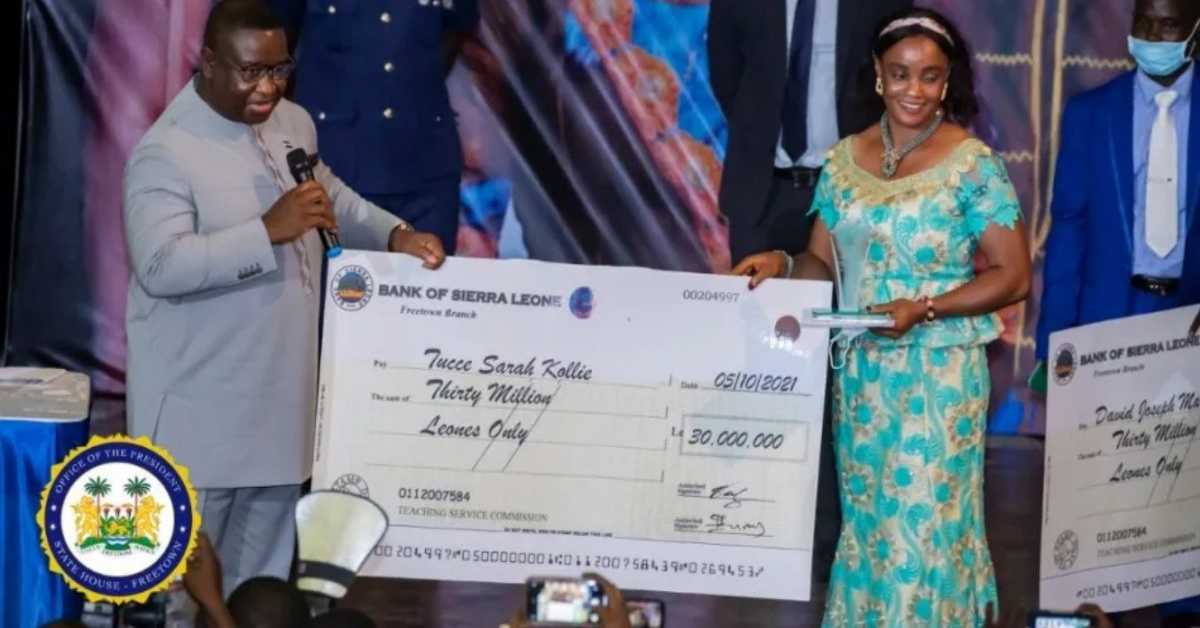The Chinese have a popular proverb that says “If you are planning for a year, sow rice; if you are planning for a decade, plant trees; but if you are planning for a lifetime, educate people.”
Indeed, one can even say that the quality of education will determine the destiny of the nation and American Writer, William Arthur Ward (1921-1994) once said that “the great teacher inspires.”
With the above, you would agree with me that quality education is the foundation that determines a country’s destiny.
A country that invests in education should also ensure that adequate, professional teachers are recruited and motivated with good conditions of service for effective delivery.
Sierra Leone’s education system has been facing challenges since independence. Right from that point, the teaching field has been unattractive with teachers paid meagre salaries or sometimes unpaid for months which resulted in strike actions.
The struggle for teachers’ conditions of service led to the formation of the Sierra Leone Teachers Union (SLTU); a teacher’s pressure group that advocated for the welfare of teachers in Sierra Leone.
For instance, during the regime of Siaka Stevens as President of Sierra Leone, between 1967 and 1985, wealth was more valued than education and there was a popular Krio proverb invented at the time: “Den say Bailor Barrie and you say Davison Nicol”. Davidson Nicol was one of the greatest scholars at the time in the country but no one would describe him as wealthy while Bailor Barrie, on the other hand, was very popular for his wealth which he primarily acquired through business. The political class at the time promoted a ‘Bailor Barrie’ agenda instead of education.
This popular saying during the Stevens era explained only one thing: that his government never prioritised education.
This, to a large extent, contributed to decades of education decline. It was the time young people would drop out of school to engage in petty trading.
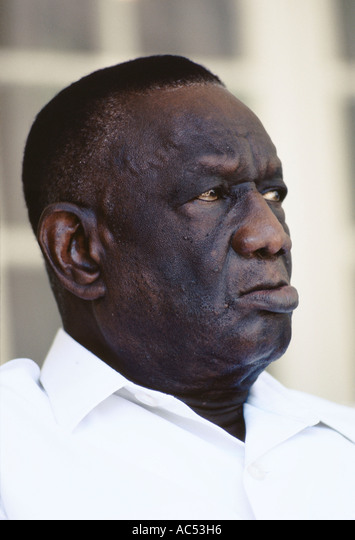
Major General Joseph Saidu Momoh succeeded Stevens as the second President of Sierra Leone on November 28 1985.
In the Momoh era, things became even worse than they were. The conditions of service for teachers became deplorable and the country experienced so many “go slows” or sit down strikes.
During the reign of President Dr. Ahmed Tejan Kabba of the Sierra Leone Peoples Party (SLPP) between 1996 and 2007, he introduced the Sababu Education Project, which was administered by Dr. Alpha Tejan Wurie (now professor). Despite the war and interregnum that affected his administration in the first term, his reintegration program to stabilise the country in his second term, Pa Kabba revived the education sector and improved the conditions of service for teachers.
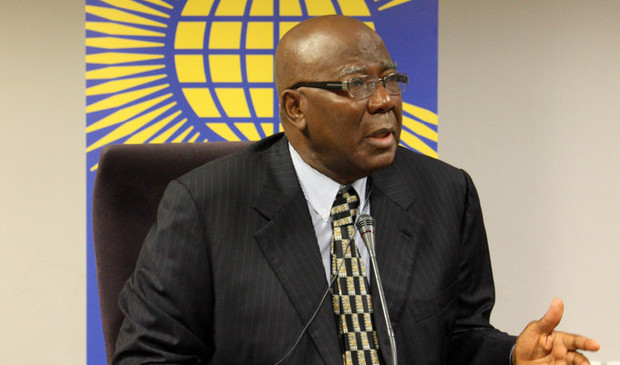
Dr. Ernest Bai Koroma of the APC came to power in 2007 and his successful second term bid kept him in power until 2018. During this period there was a very low rate of recruitment of teachers. Although the country recorded huge number of passes in the Basic Education Certificate Examinations (BECE) and the West Africa Senior Secondary Certificate Examinations (WASSCE) external examinations, some pupils/students who passed those exams couldn’t excel in high school or tertiary institutions.
This ugly development ridiculously affected the education system to the extent the University of Sierra Leone, Njala and College of Medicine introduced an entrance examination system to evaluate candidates.
Throughout the Koroma regime, the conditions of service for teachers remained the same as they were in Kabba era.
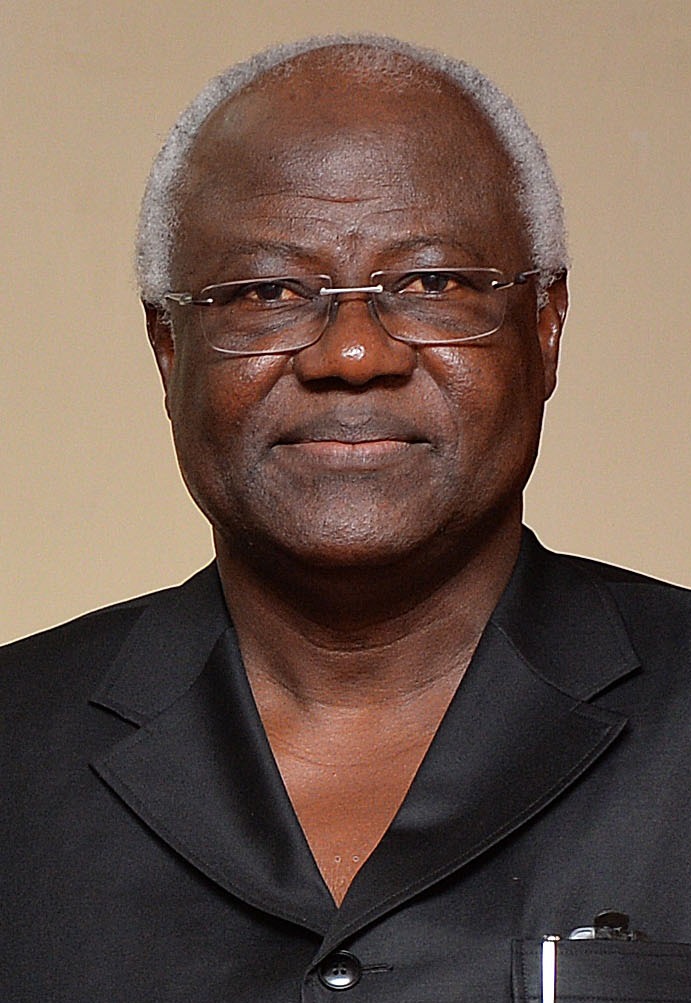
Alas, Brigadier General (Rtd.) Dr. Julius Maada Bio of the SLPP campaigned with the Free Quality School Education (FQSE) as his flagship programme and was elected President on April 4 2018.
In less than 6 months, President Bio launched the FQSE project to revive education in the country.
His Government allocated over 21% of the country’s budget (the largest ever in the country’s history) to revamp the education sector through the Radical Inclusion Policy that leaves no child behind.
Since 2018, a total number of 5,034 trained and qualified teachers have been recruited and put on the government’s payroll. The Bio administration ensured that 4,153 teachers, who were retired, died or sought employment outside the teaching profession, were effectively replaced with newly recruited ones.
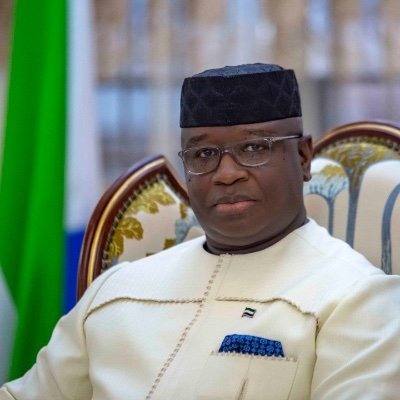
The Minister of Basic and Secondary Education, Dr. David Moinina Sengeh is quoted as saying that “teachers currently make up 40% of the entire Government payroll and over 4000 teachers have been placed on their right pay grade. Over 300 school heads have been regularised. In 2021 alone, we have recruited 1,000 teachers.”
Between 2020 and 2021, over 500 principals and Vice Principals were appointed.
In addition, the Bio administration on May 27 2021 launched the Presidential National Best Teacher Award to appreciate the most innovative, resourceful, and dedicated teachers at District, Regional and National levels across the country. Since it was launched in 2021, a total of 48 teachers have been honoured by His Excellency, President Dr. Julius Maada Bio for their dedicated service to the teaching profession. Two of those teachers were also nominated for the African Union Best Teacher Prize and several others have benefitted from advanced training opportunities. These teachers can only dream of receiving a $10,000 (Ten thousand Dollars) award along with a plot of State land as a gift from President Bio, in recognition of their hardwork and the difficult environment and circumstances in which they work.
Sierra Leone is not there yet, but the foundation President Bio has laid so far especially in education and towards improving teachers’ welfare would reshape the education sector and make the teaching profession attractive.
I believe the beneficiaries of the FQSE package like school pupils, parents and even teachers would encourage to vote for President Dr. Julius Maada Bio on June 24, 2023.


